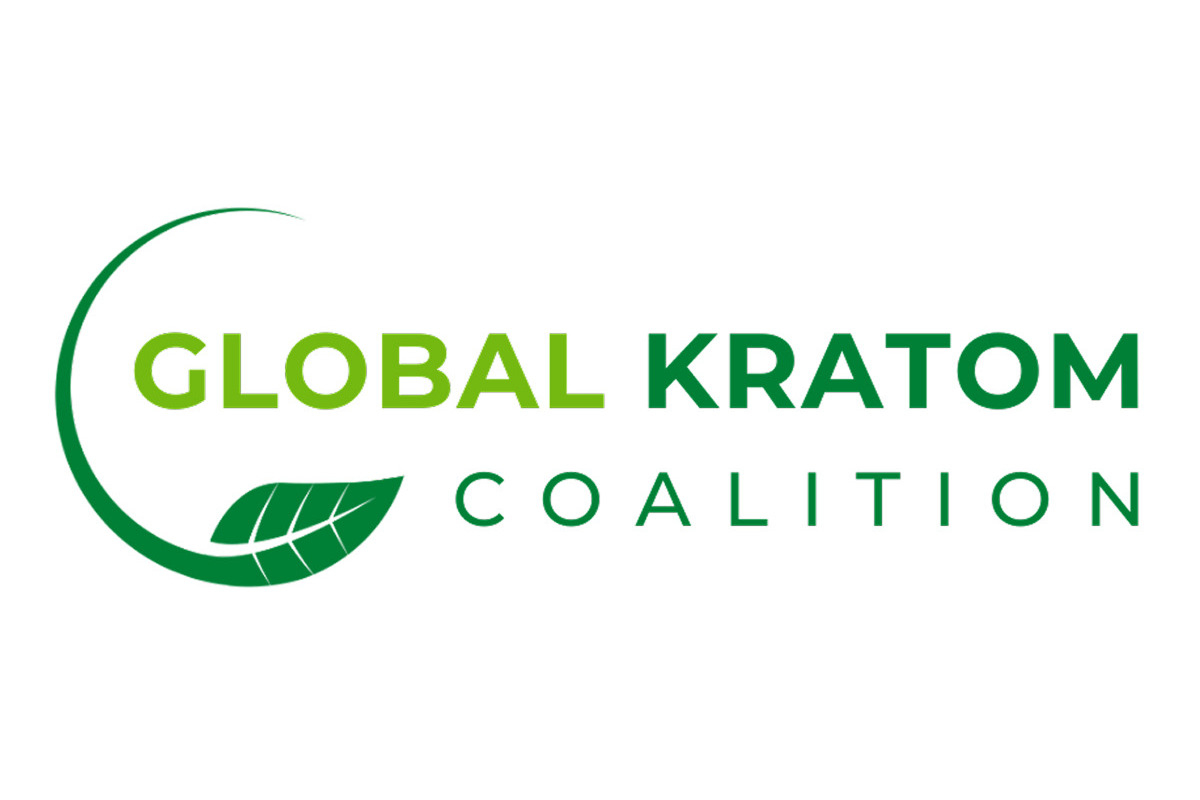The Global Kratom Coalition (GKC) today praised Ohio Senator Louis Blessing for introducing Ohio Senate Bill 299, landmark legislation that establishes commonsense safety standards for kratom products while banning dangerous synthetic concentrated versions that have no place in the marketplace.
The landmark legislation follows the tragic death of an Ohio father after exposure to a synthetic concentrated 7-OH opioid product. After months of escalating dependence and repeated withdrawals from the concentrated synthetic 7-OH opioid product, he was found unresponsive at home, his body overwhelmed by the same lab-made compound that had been marketed to him as a harmless “energy booster.”
“This heartbreaking loss underscores the urgent need for legislation against dangerous concentrated synthetic 7-OH products,” said Dr. C. Michael White, Professor of Pharmacy Practice at the University of Connecticut and scientific advisor to the Kratom Consumer Advisory Council (KCAC), an independent consumer board supported by the GKC. “This young father went to a gas station and saw a concentrated synthetic 7-OH opioid product promising increased energy and masquerading as a natural product. Unaware of the risks, he tried it and soon found himself trapped in a cycle of severe addiction that drained his family’s savings, destroyed his ability to function, and contributed to his tragic end. It is unconscionable that a compound that stimulates the mu-opioid receptor more potently than morphine is sold openly next to Mentos and Doritos. Senator Blessing should be commended for acting quickly and decisively against concentrated synthetic 7-OH.”
Natural kratom leaves contain more than 50 natural alkaloids that give it unique effects. While its main compound, mitragynine, can weakly and partially stimulate the mu-opioid receptor, it does so 100 times less potently than concentrated synthetic 7-OH. In addition, other natural kratom leaf alkaloids actually block opioid receptors. Animal research suggests that mitragynine may even reduce morphine dependence, in direct contrast to concentrated synthetic 7-OH, which reinforces opioid addiction, underscoring its significant abuse potential. Another big difference seen in animals is that mitragynine does not strongly suppress breathing, even in very high doses, while concentrated synthetic 7-OH does. This risk was underscored by a recent patient who stopped breathing after taking concentrated synthetic 7-OH earlier this year and would have died if not for the rapid use of the opioid receptor blocker naloxone.
On July 29, the U.S. Food and Drug Administration (FDA) announced its intent to schedule concentrated synthetic 7-OH as a controlled substance, citing its potency and high risk for addiction. The FDA has made it clear that the target of their recommendation was not natural kratom leaf, recognizing its long history of use both in Southeast Asia and the U.S.
In addition to the FDA’s actions, individual states are considering actions to restrict the sale of concentrated synthetic 7-OH opioid products. In Florida, Attorney General James Uthmeier announced in August an emergency rule to classify concentrated synthetic 7-OH opioid products as a Schedule I controlled substance at any level above what would be found in dried natural kratom leaf (0.04% by dried weight). The rule, which took effect immediately, makes it illegal to sell, possess, or distribute any isolated or concentrated form of synthetic 7-OH in the state.
“By passing SB 299, Ohio can follow the science by banning concentrated synthetic 7-OH opioids while keeping natural leaf kratom legal and regulated,” said Dr. White. “That approach protects consumers, prevents abuse, and preserves access to a natural botanical that millions of U.S. residents use as part of their wellness routines.”
SB 299, Ohio, would:
- Ban synthetic or semi-synthetic 7-hydroxymitragynine (7-OH) and other chemically altered kratom-like compounds created through laboratory synthesis
- Require registration and testing of kratom products sold or distributed in the state;
- Mandate accurate labeling of alkaloid content, including mitragynine and 7-OH levels;
- Prohibit sales to individuals under 18 years old;
- And impose penalties for those who manufacture or sell adulterated or synthetic kratom products.
KCAC urges Ohio to prioritize public safety by passing this legislation that will address the true threat, synthetic concentrated 7-OH, and not punish responsible Ohioans who use natural leaf kratom safely and responsibly.
About Global Kratom Coalition (GKC)
The Global Kratom Coalition is an alliance of kratom consumers, experts, and industry leaders dedicated to protecting access to natural leaf kratom while advancing scientific research, driving consumer education, and developing robust regulations to protect consumers. For more information, visit globalkratomcoalition.org.
About Kratom Consumer Advisory Council (KCAC)
Kratom Consumer Advisory Council (KCAC) is an independent board made up of a clinician-scientist and consumers that uses the strongest available evidence to produce position statements that promote evidence-based policy. The KCAC is supported by the Global Kratom Coalition, which advocates for regulations that protect consumers and curb the sale of adulterated or synthetic products falsely marketed as kratom. For more information, visit globalkratomcoalition.org/kcac.
Media Contact
Matthew Lowe
Global Kratom Coalition
info@globalkratomcoalition.org
Dr. C. Michael White
Kratom Consumer Advisory Council
cwhite1@wm.com


